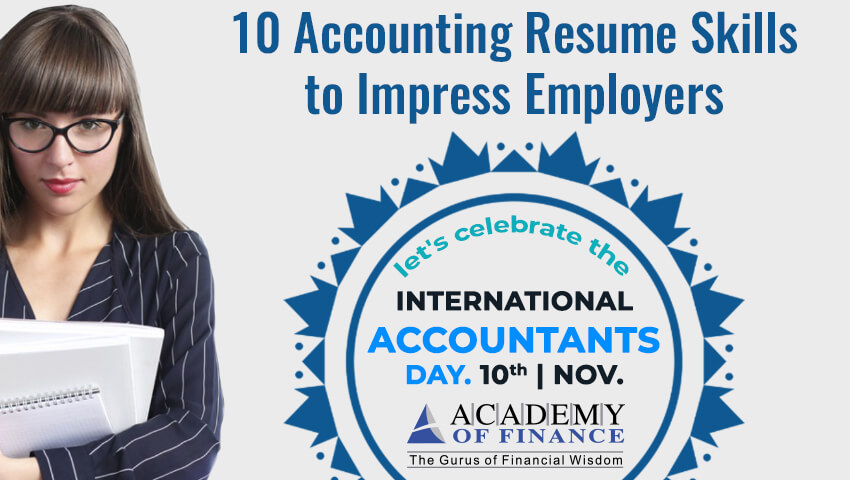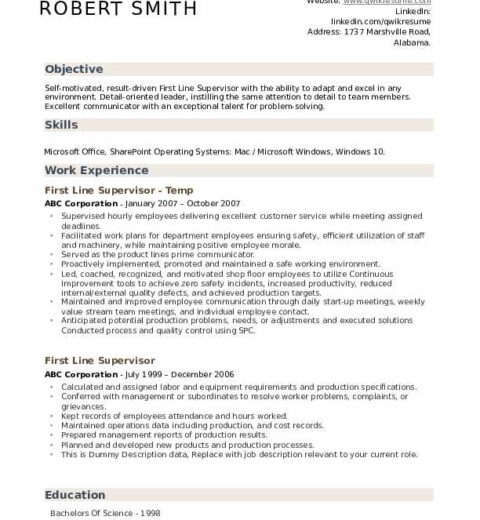In today’s highly competitive job market, ensuring that your resume stands out is crucial. One fundamental aspect of your resume that can significantly impact your chances of landing an interview is the skills you choose to highlight. Employers are not merely interested in your job history; they seek individuals who possess a diverse array of skills that align with their organizational needs. Below, we delineate the various types of skills you should consider incorporating into your resume to impress prospective employers.
Before diving into specifics, it is essential to differentiate between hard skills and soft skills. Hard skills are tangible abilities acquired through education, training, or experience. In contrast, soft skills refer to interpersonal attributes that influence how effectively you work and interact with others. Both categories are vital, and a harmonious blend of each can make a compelling case for your candidacy.
1. Hard Skills
Hard skills are often quantifiable and measurable. They can range from technical expertise to industry-specific knowledge. Here are some key hard skills to consider:
- Technical Proficiencies: Depending on your field, technical skills can be extensive. For example, if you are in IT, knowledge of programming languages such as Python, Java, or SQL is valuable. Proficiency in software like Adobe Creative Suite, AutoCAD, or Microsoft Office Suite is also noteworthy.
- Analytical Abilities: Employers in various sectors value individuals who can analyze data and draw conclusions. Strength in statistical analysis, data visualization, and tools such as Excel or Tableau underscores your proficiency in data-centric roles.
- Project Management: The aptitude for overseeing projects from inception to completion is paramount. Familiarity with project management methodologies such as Agile or SCRUM, along with tools like Trello or Asana, can set you apart.
- Certifications: Certifications demonstrate a commitment to your profession. For example, CPA for accountants, PMP for project managers, or ITIL for IT service management signal that you have acquired specialized knowledge.
2. Soft Skills
Soft skills enhance your employability by highlighting how you may operate within a team or organization. These can often be more elusive to quantify but are equally important. Here are some pivotal soft skills:
- Communication Skills: Effective communication is fundamental in any workplace. The ability to articulate ideas clearly, whether in writing or verbally, facilitates collaboration and minimizes misunderstandings.
- Problem-Solving: Employers appreciate candidates who can identify issues and devise practical solutions. Highlight experiences where your critical thinking led to positive change or innovation.
- Emotional Intelligence: The capacity to recognize and manage your emotions, and those of others, fosters a harmonious work environment. This aptitude enhances team dynamics and cultivates leadership qualities.
- Adaptability: In an era characterized by rapid changes, flexibility is crucial. Illustrate your ability to adjust to new challenges and learn new skills swiftly.
3. Industry-Specific Skills
Employers often look for skills tailored to their specific industry. If you are applying for roles in healthcare, for example, skills such as patient care, familiarity with medical terminology, or knowledge of health information systems are vital. In the marketing domain, expertise in digital marketing strategies, SEO, and content management systems is essential. Tailoring your skills section to reflect the unique demands of the industry demonstrates not only your preparedness but also your understanding of the job’s nuances.
4. Transferable Skills
Transferable skills are abilities that can be applied across various disciplines. They are particularly valuable if you are making a career transition. Examples include:
- Leadership: Competence in leading teams, whether in a formal or informal capacity, showcases your capability to inspire and guide others.
- Time Management: The ability to prioritize tasks and manage your time effectively ensures productivity and meeting deadlines.
- Networking: Establishing professional relationships can yield opportunities and resources that aid career growth.
5. Technical Literacy
In an increasingly digitized world, technical literacy is imperative. Proficiency in using various digital tools, understanding automated systems, and staying current with technological advancements can further bolster your resume. Familiarity with cloud computing, cybersecurity fundamentals, and collaborative platforms like Slack and Zoom exhibits your readiness to thrive in a modern work environment.
6. Language Proficiency
In today’s globalized economy, language skills can significantly enhance your employability. Bilingualism or multilingualism is a remarkable asset. Not only does it facilitate communication with a broader audience, but it also reflects cultural awareness and adaptability. If you have proficiency in a foreign language, be sure to include it, especially if it is relevant to the role you are seeking.
Conclusion
In summary, crafting a resume that effectively showcases your skills involves a thoughtful approach. By blending hard and soft skills, highlighting industry-specific proficiencies, and emphasizing transferable abilities, you can present yourself as a well-rounded candidate. Tailor your skills section to align with the job description, and ensure that you provide tangible examples of how you have applied these skills in real-world scenarios. Remember, the goal is not only to list your abilities but to articulate how they contribute to the value you can bring to a potential employer.




